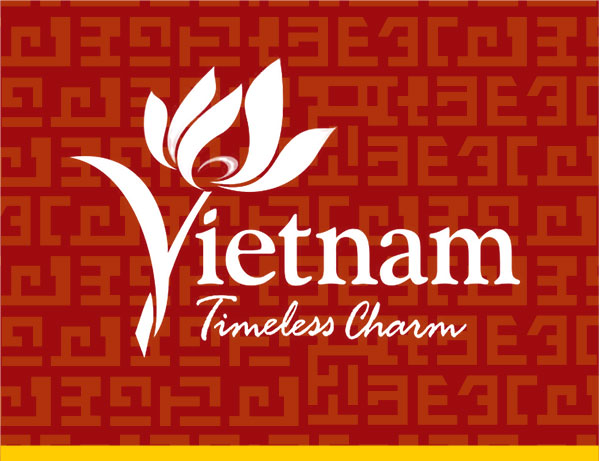A land of fantasy and imagination
Vietnam has an unlimited treasury of myths and legends, both historical and recent. As the language developed, it typically used poetic imagery to explain and narrate by means of metaphor and allegory. The countr’s strong animist custom produced a wealth of anthropomorphic symbols.
The place legends don’t exist; the Vietnamese feel an urge to invent them. Within the caves of Ha Lengthy Bay, for instance, local guides narrate many ‘legends’ related to stalagmites and stalactites that vaguely resemble animals or people. Charming and imaginative they may be however practically all have been composed in the last decade.
The legend of the Lake
Different legends have a more respectable record. The name of Hanoi’s Hoan Kiem Lake means ‘Lake of the Returned Sword’, a reference to a neighborhood legend. It’s said that Le Loi, who grew to become the nice Emperor Le Thai To, was awarded a magical sword by the spirit of the Lake to help him drive invaders from the land.
Years later, after victory, he sailed out on the Lake to specific his gratitude by making a sacrifice to the spirit. Suddenly, an enormous turtle appeared and the sword flew from the Emperor’s scabbard. The turtle seized the sword in its mouth and plunged to the depths to return the sword to its rightful owner. Even in the present day, individuals believe that the lake is inhabited by giant turtles, and periodic sightings are claimed as omens of fine luck.
A Vietnamese creation delusion
An ancient Vietnamese creation fable abounds with animist symbolism. Lac Lengthy Quan, the son of a mountain god and a water dragon, was given the land of Lac Viet by his parents. He built two palaces, one within the mountains and one within the ocean. Later he fell in love with a beautiful fairy, Au Co, and reworked himself right into a handsome young man to win her over. They married, and a yr later, she laid 100 eggs that hatched into human babies that rapidly matured into adults.
Unfortunately, Lac Lengthy Quan remained in his water palace whereas Au Co lived on land. She turned lonely and pined for her homeland, so much so that she took her hundred youngsters to go to it. It turned obvious that the couple should separate. They agreed that half the children would go with their father to the land next to the ocean, and the others would follow their mom to the mountains, thus creating the Vietnamese race – the dragon and the fairy’s grandchildren.
Sentiment and emotion
Mythology is also prevalent in European countries. There, nonetheless, myths are typically constructed on particular events, and sometimes have a Judeo-Christian moralistic factor – pride coming before a fall, the weak overcoming the robust through advantage and purity, and goodness showing in disguise to test the virtue of humans, being frequent themes. Similar themes seem in Vietnamese myths; however a far higher emphasis is positioned upon sentiment. Star-crossed lovers are very talked-about myths, usually ending in unrequited love and tragic death, in a context of organized marriages.
Closeness to the spirit world
In European mythology, the ‘Gods’ are often highly effective figures who sit in judgment or intervene in human affairs from a distance, and evil typically is available in distorted human form (ogres, trolls, goblins, and so forth). In Vietnamese mythology, spirits and ‘fairies’ are all over the place and are much nearer, often living among human beings. The idea of ‘evil’ is unclear – the human characters are usually the authors of their very own misfortunes. Domestic points are fairly widespread in folk’s tales: hardworking husbands and lazy wives, false friendship and advantage rewarded, for example.
‘Urban’ myths and cautionary tales
There may be also a strong tradition of folk fables the place the protagonists are the common folks and authority represented by the native mandarin – the theme is commonly a variation of the native wit of the peasant overcoming the erudition and pomposity of the mandarin.
An outdated nameless collection of cautionary tales akin to Aesop’s fables might have originally been moral lessons for young kids to teach them the principles of correct Confucian behaviour.
